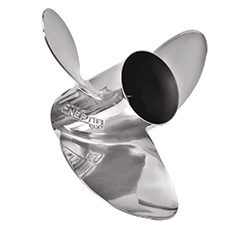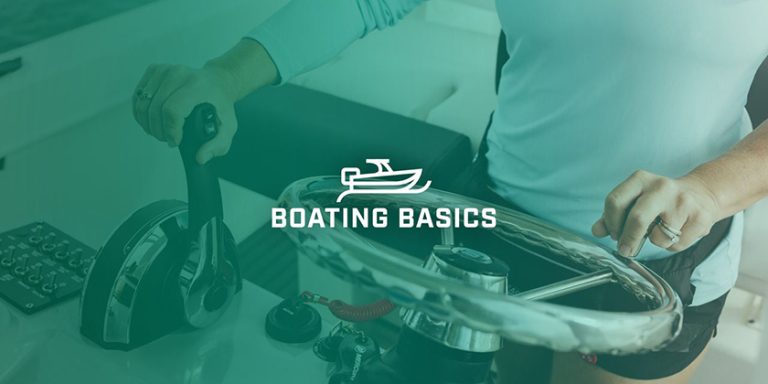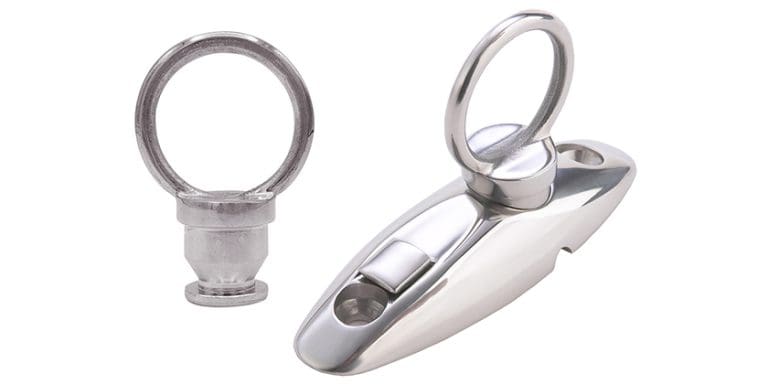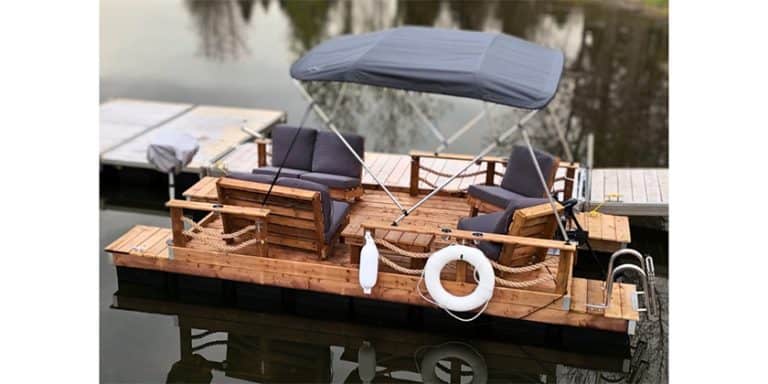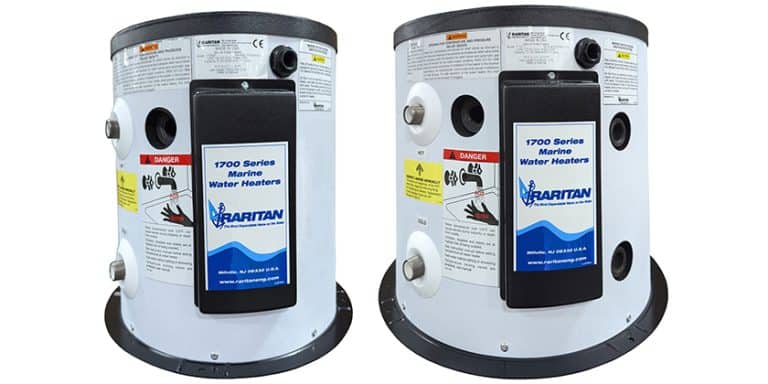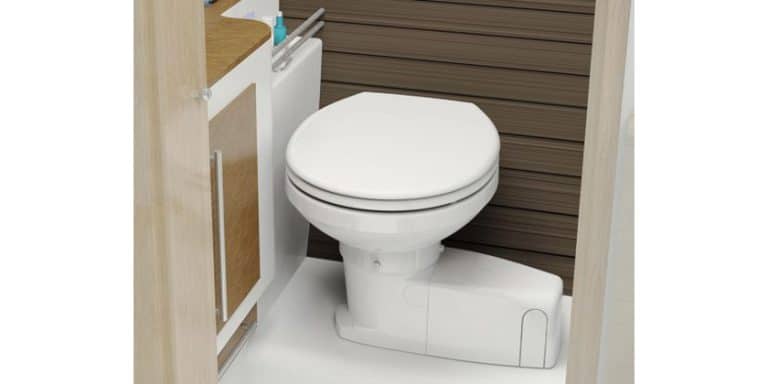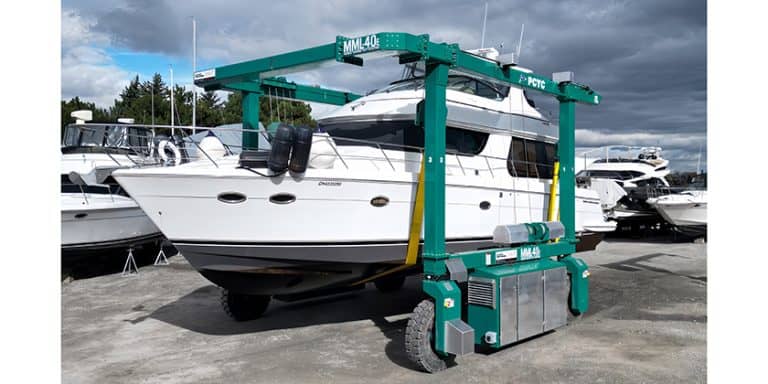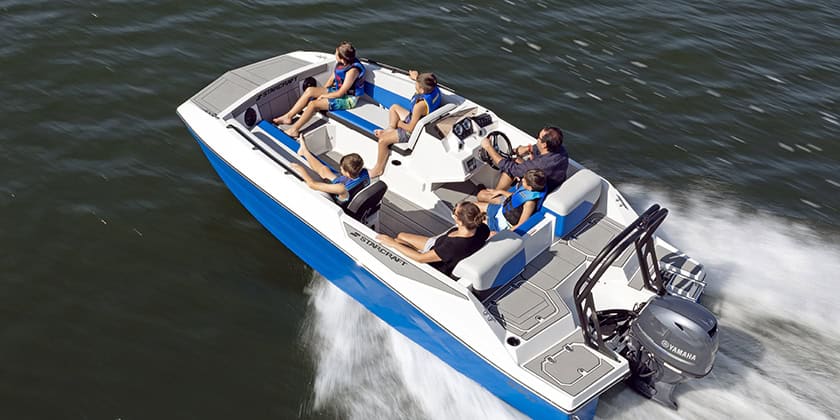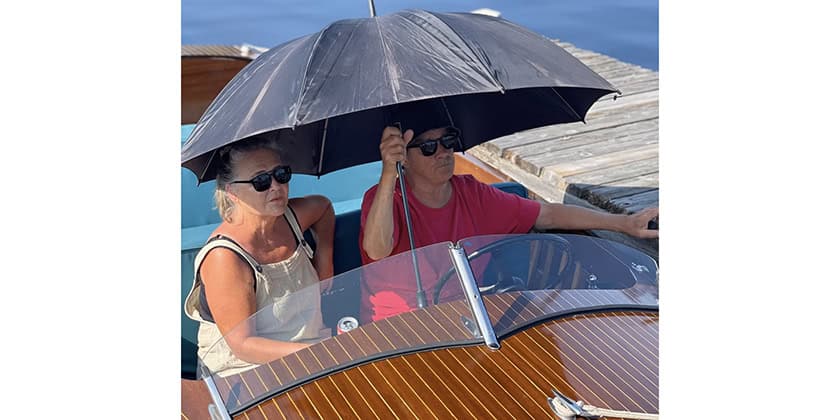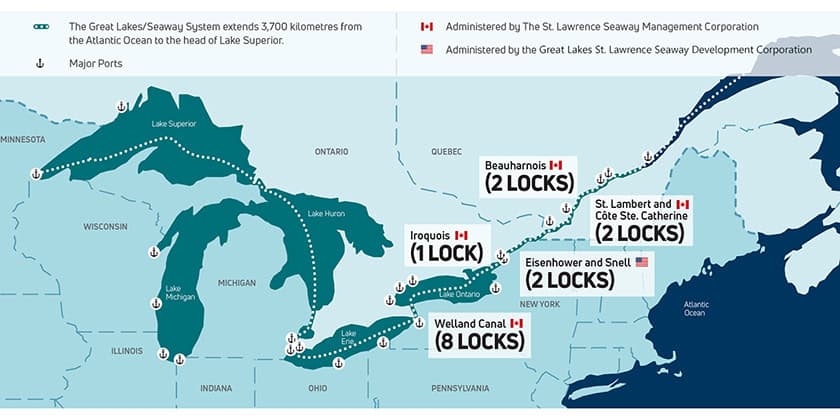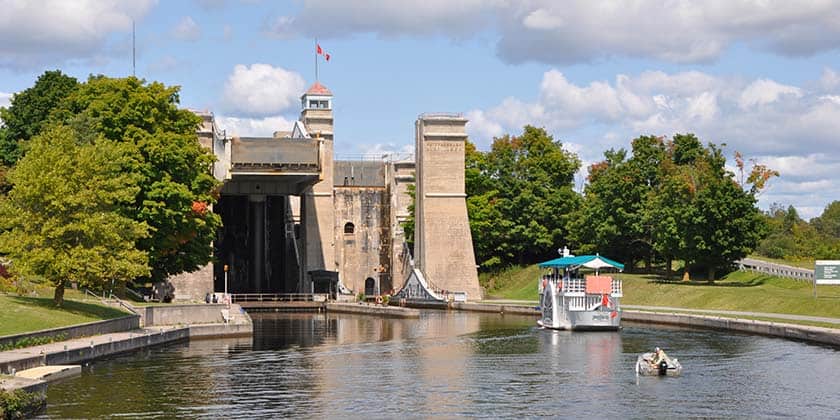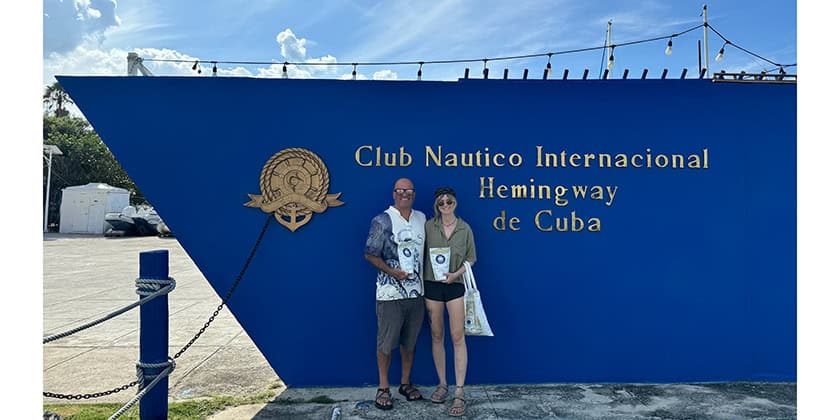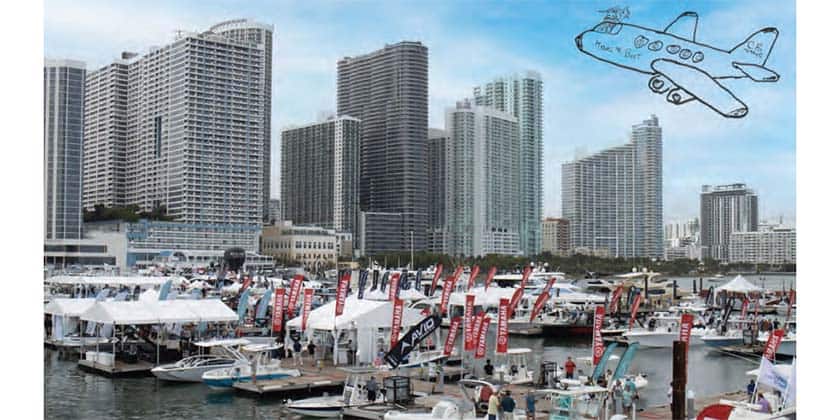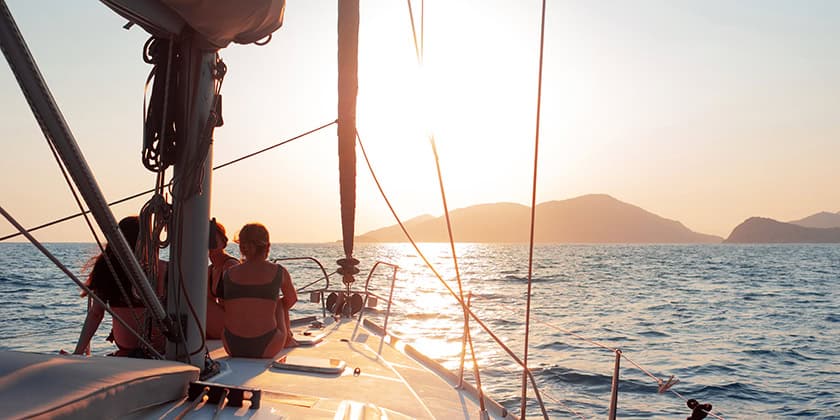Boating Industry magazine announced yesterday the Mercury ECO Propeller has been named a 2014 Boating Industry Top Product of the year. The winning products were selected based on many factors, including innovation, impact on the industry and how they advanced their category or created a new category.
“By delivering fuel savings, the Enertia ECO addresses one of the major concerns for boaters,” said Jonathan Sweet, editor in chief of Boating Industry.
The Enertia ECO propeller, launched earlier this year, is uniquely designed to increase fuel economy. It is the first of its kind, creating a new propeller market segment.
The Mercury Enertia ECO propeller is designed for high horsepower outboard-powered boats, offering boaters a 10 percent increase in fuel economy at cruising speeds while also living up to the performance and reliability standards inherent in all Mercury propellers.
To maximize the fuel economy of the Enertia ECO, Mercury Marine engineers designed a new propeller with a broad 16-inch diameter, large blade area and a high progressive rake, a combination made possible only through using Mercury’s proprietary X7 stainless steel alloy. This patent-pending design and material combination resulted in a propeller that increases hull lift, ultimately making the boat more efficient by reducing overall drag. While increasing fuel economy, the reduced drag also delivers lower planing speeds, higher top end speed and hole shot performance.
“As marina gasoline prices have climbed, customers have added fuel economy to their definition of performance,” said Jared Reichenberger, brand manager for Mercury Propellers. “Mercury Marine already produces fuel-efficient engines. The time is right to release a high-performing propeller that also delivers fuel savings and reduces the cost of boating.”
While boaters continue to demand the best acceleration and top speed, there is also a growing requirement for efficiency and fuel economy at cruising speeds where a vast majority of their operating time is spent.
At cruising speeds, the Enertia ECO posts a 10 percent fuel economy gain compared to Mercury’s already-efficient line of propellers. This gain translates to dollars as many boaters average nearly 100 hours on the water each year. At today’s gas prices, this propeller will save the average boater more than $550 per year.
In addition to saving money, the Enertia ECO provides additional range from each tank of fuel. Whether they are pursuing fish farther from shore, or simply cruising longer between fill-ups, boaters can now significantly extend their range with a simple propeller change.
“We’re proud the Enertia ECO propeller has been recognized by Boating Industry as a top product,” said Reichenberger. “We set out to design the world’s most fuel-efficient propeller and this award affirms the team’s success.”
